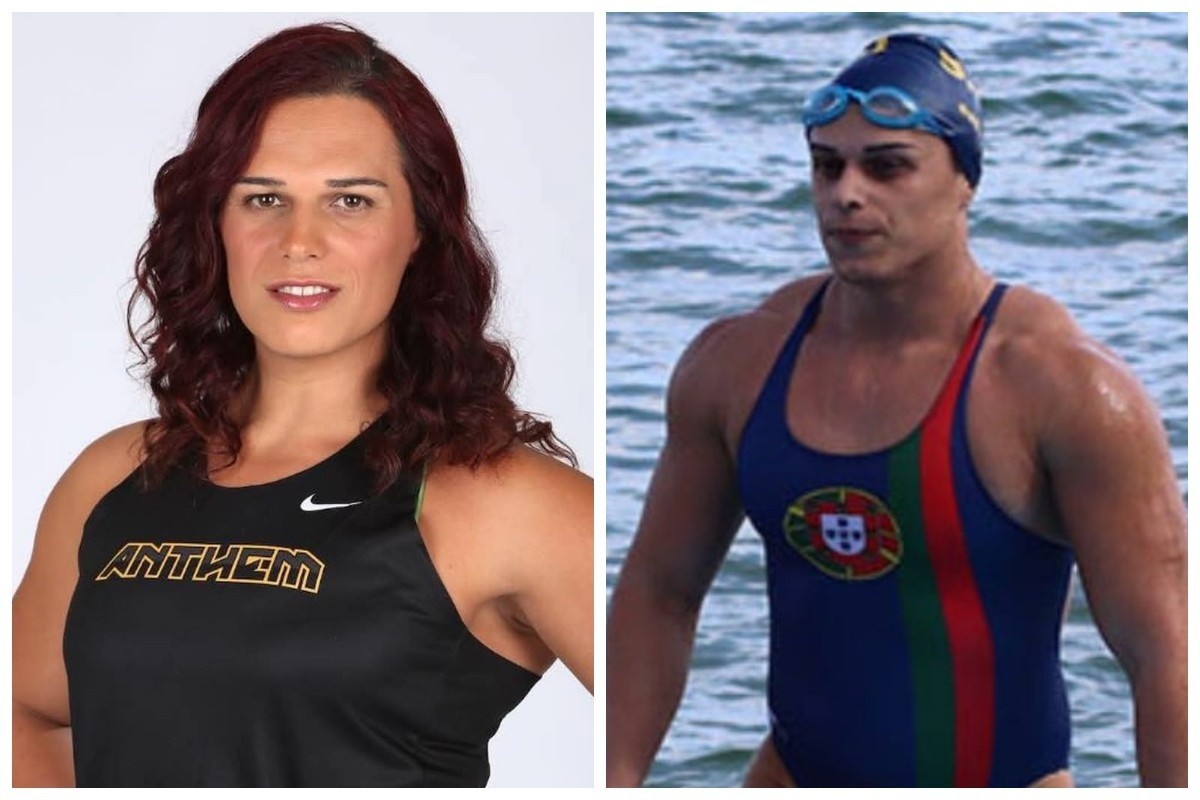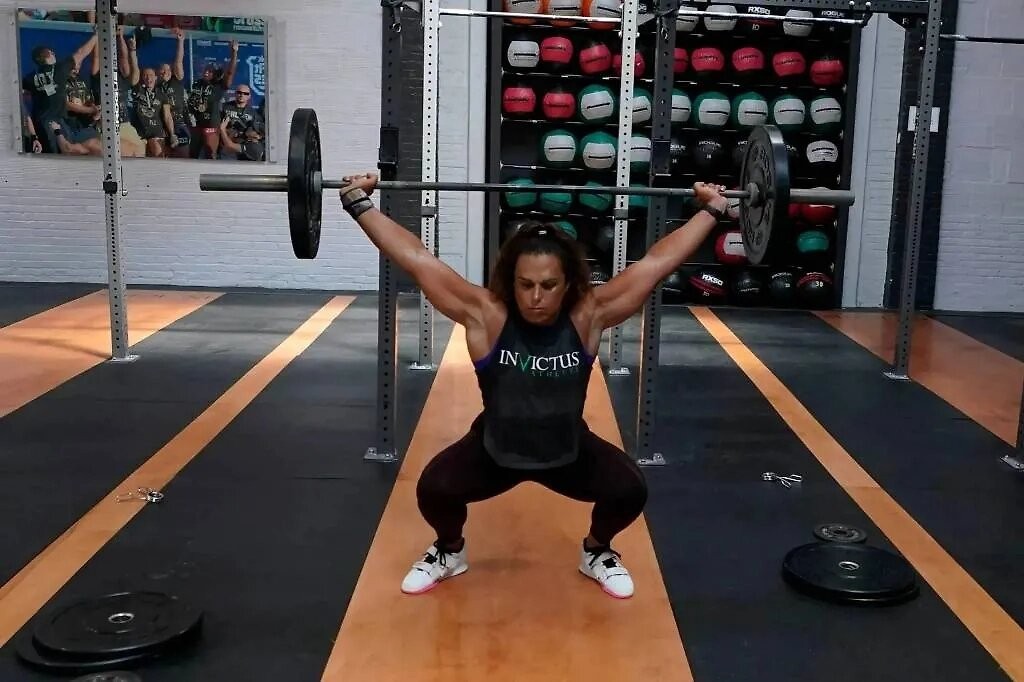Five years banned, every win erased: The Portuguese swimmer who refused a DNA gender test.
World Aquatics has suspended Portuguese swimmer Hanna Caldas for five years and voided all of her competitive results from the last three years. The punishment follows her refusal to undergo a DNA test the federation requested to verify her sex. Caldas says she values medical privacy and describes such testing as humiliating and unnecessarily invasive. She notes the test would not be covered by insurance and, in the United States where she now lives, these checks are not standard in sport. She has chosen not to appeal the decision. Outside the pool, Caldas has dominated CrossFit events worldwide and, four years ago, set a world record in indoor 500-meter rowing.

In This Article:
What World Aquatics demanded and why the test mattered.
World Aquatics demanded a DNA test to confirm Caldas's sex. Caldas refused, resulting in a five-year ban and the annulment of her medals from the past three years. She says she is prepared to endure the punishment to protect her medical privacy. The federation's decision is final, and she did not file an appeal.

A timeline of recent results and conflicting judgments.
Last year at the World Masters Championships in Doha, Caldas won the women's 100m freestyle and placed second in the 50m freestyle, with a third in the 50m breaststroke. Earlier this year she won five individual events at the spring USMS national championships for veterans. In August, USMS concluded she was eligible to compete in the women's category, noting that documents showed she was assigned female at birth and identifies as a woman, though she swam in the men's category in 2002–2004. World Aquatics nonetheless pressed ahead with its own tests, which Caldas refused.

The wider debate about privacy, policy and fairness in sport.
The decision touched off a broad debate about how much control sports bodies should exert over athletes’ identities and privacy. Riley Gaines, a former University of Kentucky swimmer known for opposing transgender inclusion, shared the news on social media with Caldas’s photo, amplifying the controversy.

What this means for athletes and sports policy.
Disqualified until October 2030, Caldas’s case highlights the clash between privacy rights and the pursuit of fair competition. It raises questions about the cost and practicality of DNA verification, differences in policy between the US and international bodies, and how to balance dignity with integrity in sport. The story has reignited calls for clearer, more consistent guidelines on gender identity, medical privacy, and verification procedures.


